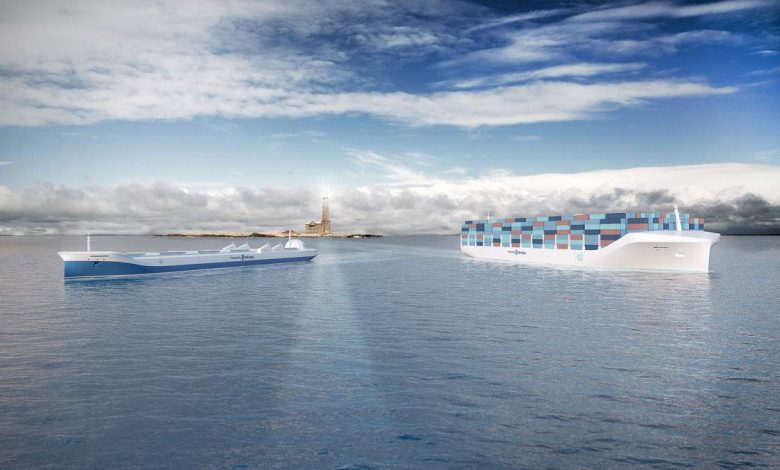The ship tech bubble debate

Oddbjørn Slinning, a partner at Norwegian legal firm SANDS, joins our growing debate that has raged this week on the spectre of a bubble emerging in shipping tech.
News carried on Splash this week that a bubble could be emerging in the shipping tech sector has sparked considerable debate both on the site and via social media.
I think we are seeing a healthy increase in the development of tech in shipping, driven by the availability of data, but a bubble? No. In shipping we’ve been used to a few companies driving design and operational innovation. Compared to other sectors supplier choice has been limited, mainly due to the high capital costs of the type of innovation we have looked for – new vessel designs, propulsion systems, or operational tools (such as digital navigation) to name a few.
The fact we are seeing new entrants who are more data focused is a good thing. Arguing that these companies ‘don’t know shipping’ and are ‘creating a bubble’, overlooks the fact that shipping needs this expertise, and we’re unlikely to supply it from within our own ranks.
There are, however, lessons we could all learn from the dot com boom and bust at the start of the century.
First we should accept that private money can invest in whatever it likes – the returns will determine the success or failure of the venture. I think it’s a stretch to draw comparisons between a relativity small number of non-listed shipping tech startups and the US$1.7tn-ish dot com bubble.
Secondly, the dot com bubble also gave us Amazon, eBay, Priceline and, indirectly, the dot com survivors Apple and Cisco. If shipping were to get companies as innovative and central to the global economy as these, we should be thankful.
My advice for what can clients do to identify the real winners among tech start-ups is as follows.
Like in any business venture, clients need to balance risk and return, and protect themselves accordingly. They should do their due diligence – if a start-up is under-financed and spending more than they earn, which is not unusual in an initial phase of a start-up company, then the risk of entering into a long term supply or service contract from an shipowner’s perspective will be that the supply or services may stop if the start-up runs into financial difficulties. A shipowner should thus ensure that other alternatives for critical service delivery are readily available – to avoid putting all their eggs in one basket.

Bubble???? I dont know about shipping and logistics.. the bitcoin and cargo debate, but I do know there is no bubble in Fleet Operations technology. We have barely scratched the surface of what is possible and what can be disrupted.
As far as I am concerned there will be no SEEFS while the ASS exists and the FOSSIL persists.
Safe Efficient Envioronment Friendly Ships or Solutions
Archaic Sphagetti Structure in shipping industry
Fleet Operations Services in limbo
We are blowing bubbles if we think operations is going to change, until we remove the archaic methods of the ship industry and its attitudes. The bastions of old fashioned committee based attitudes persist in regulatory decision making, they need to goi away.
We continue to load technology on top of paper on ships, a fossil behavior. We should be removing the paper. No wonder there is incident, fatigue and calls for the replacement of the crew on board.
So there maybe blockchain in logistics and bubbles in valuation of logistics and transaction based elements of shipping, but operations remains left behind, with so much to do. The millennial wont work in that environment and maybe they will save the industry from itself, disrupting the ASS and removing the FOSSIL
The thing about a bubble is that it’s very difficult to see until it’s burst. One thing to be sure of though – the people saying “No, it’s not a bubble” are those most heavily invested and therefore inclined to wishful thinking.
Brian Behlendorf, Executive Director at Hyperledger (company that develops Maersk & IBMs blockchain technology). “Let’s leave it up to developers to decide what features and differences they want to make and let the market decide if this is a meaningful difference or not.”